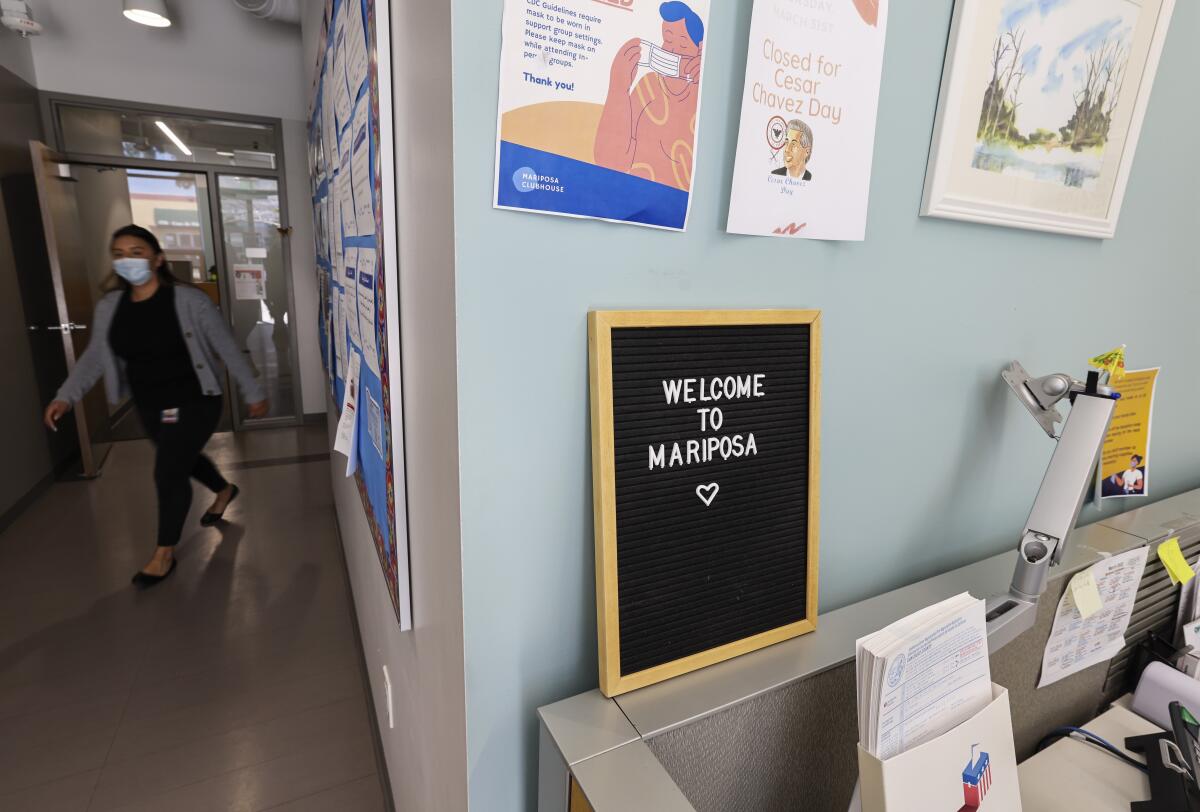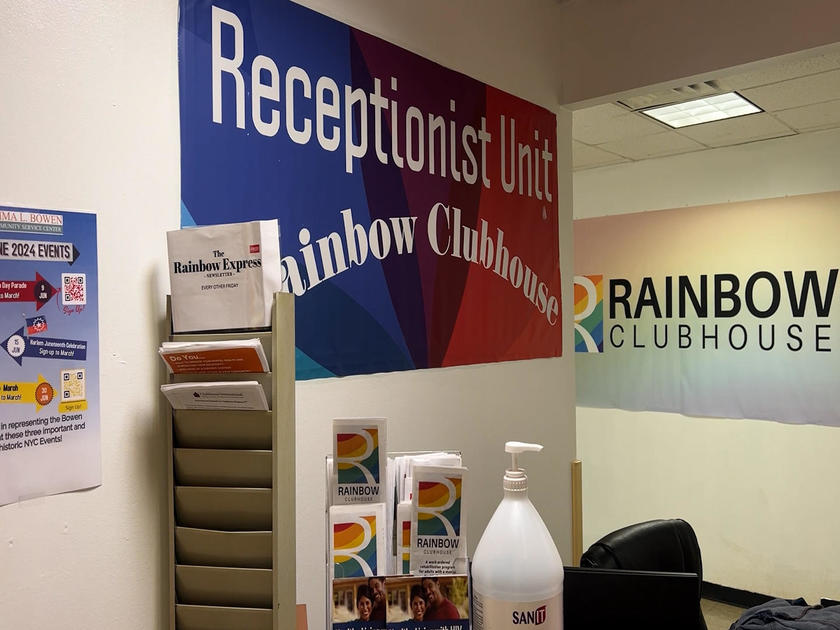At the end of June, New York City is set to halt funding for several day centers that serve seriously mentally ill adults, including Harlem’s Rainbow Clubhouse. Clients at these facilities fear the hardships they may face if their essential support network is dismantled.

The Impact of Closure on Clients
Inside the Emma L. Bowen Community Service Center in West Harlem, the Rainbow Clubhouse provides a haven for adults with various mental health challenges. From coping skills workshops to workforce development programs, clients find solace and support in this community. Diana Denny, now an employee helping others, emphasized the critical role the clubhouse played in her life: “Somewhere that you could go be normal, feel normal, and get paid? Everything was plus.”
Concerns About Consolidation
Initially hopeful about a $30 million investment in the clubhouse model, clients were dismayed when the Adams administration announced plans to consolidate these facilities into larger central locations serving 300 clients or more. This decision will result in the closure of more intimate spaces like the Rainbow Clubhouse. Many participants, coping with severe anxiety disorders, find it difficult to travel more than a few blocks from their homes. Lawrence Fowler, Deputy Executive Director of the Bowen Center, expressed concern: “There is no other place for them to go. So what has happened is, in essence, you’re abandoning people to the streets.”
Personal Stories of Transformation
For Leonora Noble, who battled severe depression as a teen, the Rainbow Clubhouse has been instrumental in her journey towards earning a degree in social work: “Working at the front desk is helping me be more professional over the phone. I’m building better communication skills.” Anthony Morrishow, whose tech skills have flourished through the clubhouse program, spoke of his personal growth: “My house is spotless now. And it’s now more of a reflection, and I’m learning how to love myself.”
Community and Legislative Response
Council Member Linda Lee, who heads the mental health committee, voiced her support for maintaining diverse service options: “We should have as much access to services and meet people where they are, no matter what that looks like. So we should have more options, not less.”
City’s Response and Future Plans
In response to community concerns, the Department of Health and Mental Hygiene assured that their plan includes more funding for expanded clubhouse services. They aim to reach more New Yorkers who are currently underserved by the mental health system while keeping communities intact.

A department spokesperson acknowledged the need to assist programs that lost their contracts in finding alternative funding. They also pledged to work with clubhouse clients to ensure a smooth transition. The decision to cut funding for these vital mental health services has sparked widespread concern among clients, advocates, and lawmakers alike. Many are urging the city to reconsider its plans to ensure that vulnerable individuals continue to receive the support they desperately need.
